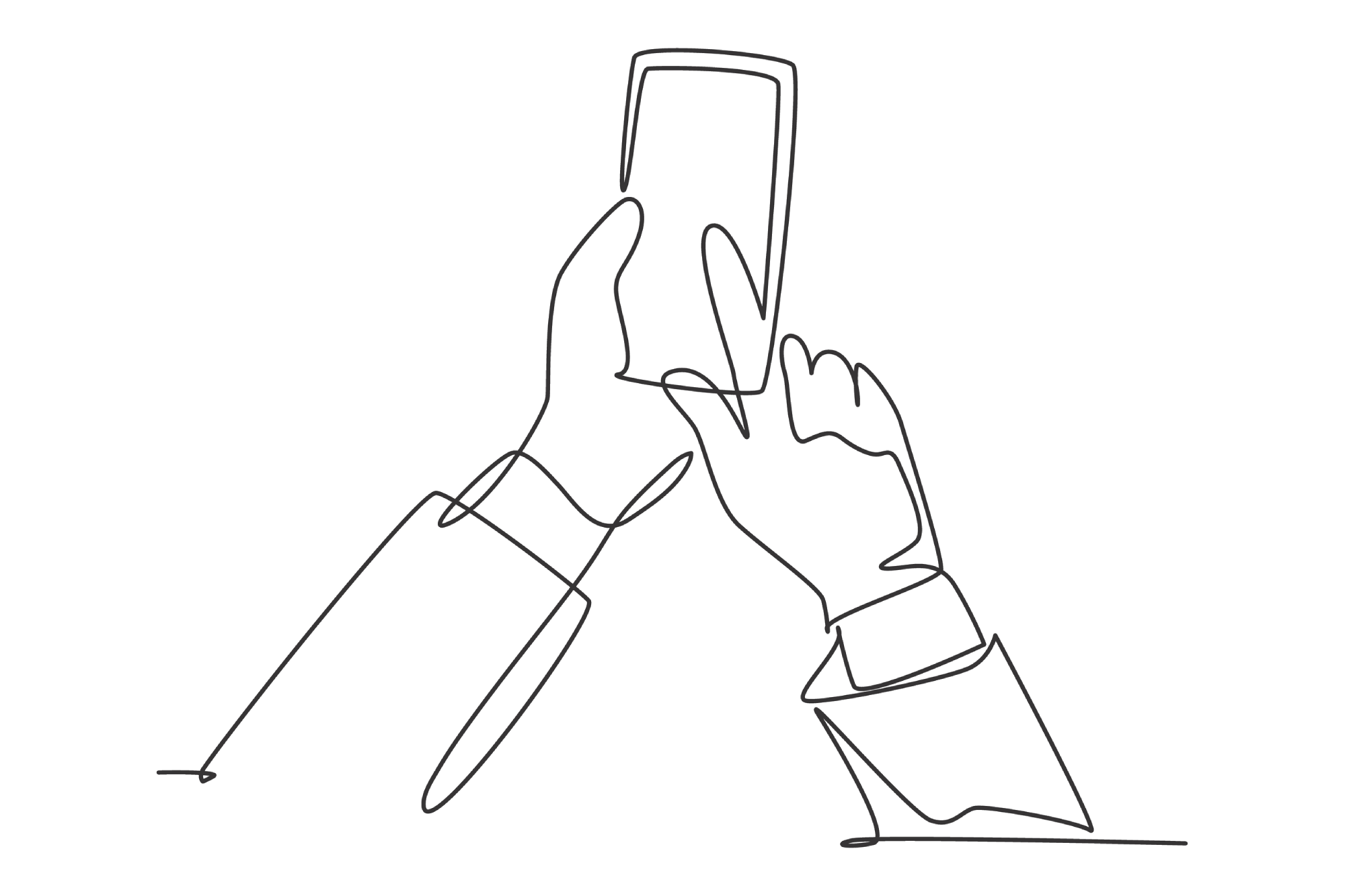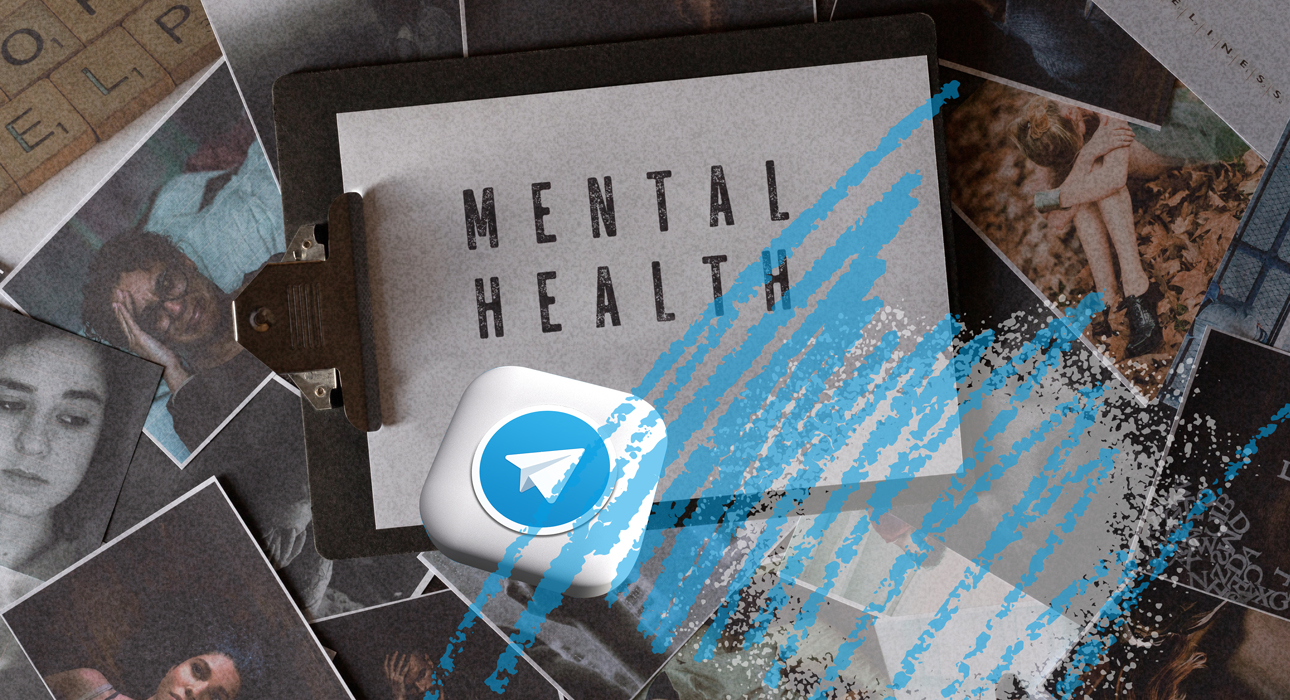In the golden days of Instagram, which is now banned in Russia, users spent so much time that psychologists finally sounded the alarm. Depression, eating disorders, and dissatisfaction with one’s appearance are just a few of the problems Facebook cited* in the company’s internal reports published in an investigation by The Wall Street Journal just a year ago. And while plastic surgeons continue to bring their photos using masks that model cheekbones and lips no worse than Kylie Jenner, and therapists advise to limit the use of social networks, the era of Instagram * in Russia has been replaced by the era of Telegram. Since its inception almost a decade ago, the messenger was already popular, but this year it seems to have broken its own record, and by spring the number of active users on the platform doubled. And if today on the example of Telegram there is no discussion about the palm at the top of the most popular social networks in Russia, then it is worth talking about the impact of the site on mental health. Does it have a detrimental effect on the psyche and what digital hygiene rules should be followed in order not to fall into the abyss of anxiety? We asked the psychotherapist of the online psychotherapy service Zigmund.Online Yulia Kaminskaya.

Julia Kaminskaya
Information overload (usually more negative than positive, in light of recent events) causes us to constantly think about what is going on on the other side of the world and to calculate scenarios (our psyche is arranged in this way) for the development of events. . Watching news about disaster, violence, or stressful events deprives us of a sense of security and leaves us with a sense of vulnerability over and over again.
Many of us today receive a huge amount of information through Telegram. People trying to monitor the situation subscribe to a large number of different channels and create a huge information space around them. What are the consequences? When faced with negative shocking news, our body initiates certain biological processes aimed at overcoming the stressful situation and surviving. This mechanism has evolved over the centuries and is as follows: When we are faced with danger, our blood pressure rises, our blood flow through active muscles and the strength of muscle contractions, the heart and lungs begin to work intensely. in other words, we are preparing to fight or flee the danger.
This mechanism saved our ancestors, for example, during a meeting with a saber-toothed tiger. But it was not designed for the fact that every half hour we would encounter a “saber-toothed tiger”.
And figuratively, that’s exactly what happens when we repeatedly confront ourselves with negative news. Being in a huge sea of disturbing information, we literally exhaust ourselves with constant increases in blood pressure, increased heart rate, respiratory intensity, which inevitably leads us to psychosomatic reactions such as headaches or muscle pain due to constant tension. Excessive immersion in information about shock events causes anxiety, which can be good for panic attacks, neuroses, depressive states.
I am often asked the question: “How much time can I spend watching channels on Telegram or other social networks so as not to negatively affect my mental health?” There is no single answer to this question. We are all unique, we each have our own coping resources, experience of dealing with shock or emotional trauma, different levels of external support, different recovery rates.
I prefer to reduce the number of channels, reject duplicate information, unverified sources, or sources with questionable competence.
Even such filtering significantly reduces the time spent on the Web. And if you find yourself constantly in doom-scrolling, try these steps:
1. Be aware of your reasons for constantly seeking information.
2. Ask yourself: How does the apocalypse scroll help you? What is stopping you? What areas of life does it restrict?
3. Imagine watching the news feed from the side all the time. Do you want to change something in your life? Fill it with something? Include something that will bring positive emotions into your life: meetings with friends, walks, hobbies.
4. Focus on the things you can control at the moment. This circle includes: our words; Our actions; the amount of effort we put in; how we look after ourselves; how we deal with our emotions; our attitude towards other people and the decisions we make. For example, weather conditions, past events, other people’s thoughts, feelings and words, their choices are beyond our control.

5. Think about what other values you have in your life. Maybe caring for others or improving yourself? What can you do to realize these values?
6. Concentrate again on the pleasant moments of life. Ask yourself at least a few times: “What is pleasant in my life right now?” You should not look for global events, but start with small amenities – a chat with friends, delicious tea, a walk.
Keep in mind that doomsday scrolling can turn into a strong addiction that may require the help of a professional to overcome.
The term “information fatigue syndrome” is increasingly heard among the professional psychological community when the flow of information is so great that our brain simply cannot process it.
Such a load can lead to impaired memory, decreased concentration, increased physical fatigue.
All these conditions – addiction, information fatigue leading to exhaustion, constant stress on the verge of witness injury (trauma in people following difficult events) – in addition to obvious psychological problems, can greatly undermine our self-esteem, increase internal criticism and low self-esteem.
Sometimes it is very difficult for us to overcome our desire for repetitive actions. If the habit of turning the tape and watching channels is so ingrained that you feel its negative impact in different areas of your life, try to replace it with another habit and other repetitive actions that will not disturb the psyche too much. Sport is very good for that. For example, you can focus on the number of steps or the number of sets to complete an exercise.

If you find that you are browsing channels because of a strong sense of anxiety, it is worth focusing on working with that emotion first. Many stressful events seem to have collapsed from under your feet. Try to regain the state of support and start with the bodily sensations: sit down with maximum support in your back, legs, arms, immerse yourself in this feeling, feel it.
It is important to help you return to reality, to get in touch with the material world from the disturbing picture cycle of a “probable” future.
Techniques for altering mindfulness or breathing exercises will help here. For example, you can name it backwards—counting backwards from a hundred—to seven (i.e. 93, 86, 79 and beyond) or a description of what you saw or felt at that moment—five surrounding objects, four colors, two sounds. and a taste or smell.
* Recognized as extremist and banned in Russia.
Source: People Talk
I’m Roger Gritton, and I’ve been writing for the The Fashion Vibes for over 5 years now. My specialty is beauty news; I’m passionate about covering the latest trends, products, and innovations in the industry. In my time there, I’ve become known as an authority on all things beauty-related.
I love discovering new experts to interview, researching up-and-coming ingredients and techniques that are making their way onto our beauty shelves and highlighting people who are making a difference in the world of cosmetics. My work has appeared not only on The Fashion Vibes, but also several other publications including the New York Times Magazine, Allure Magazine and Refinery29.





